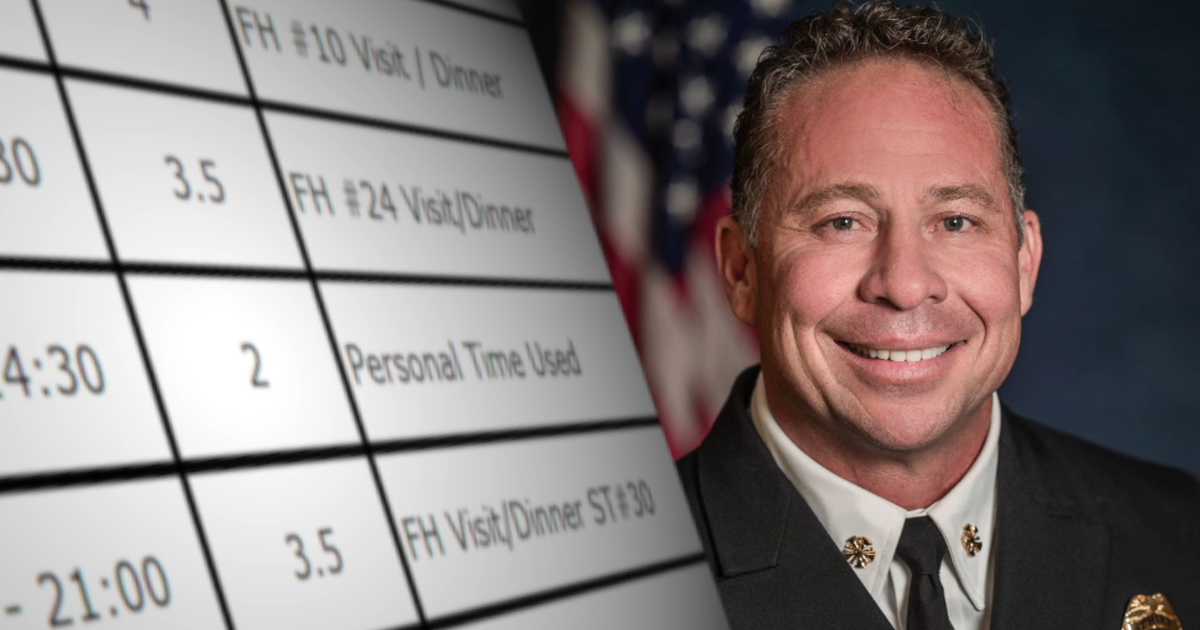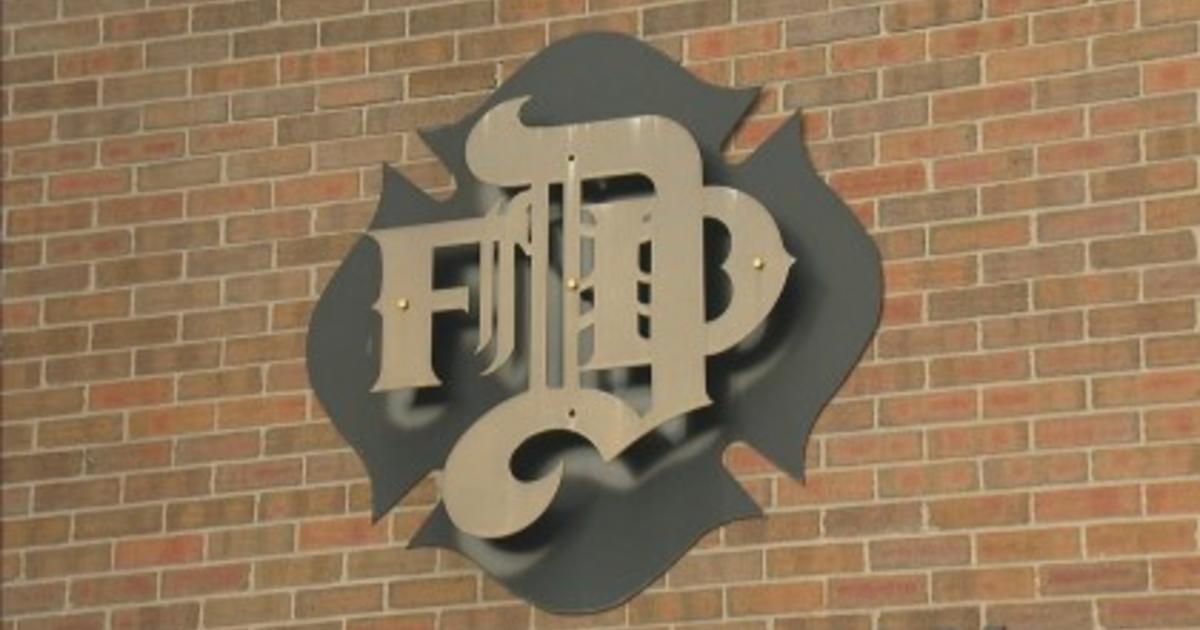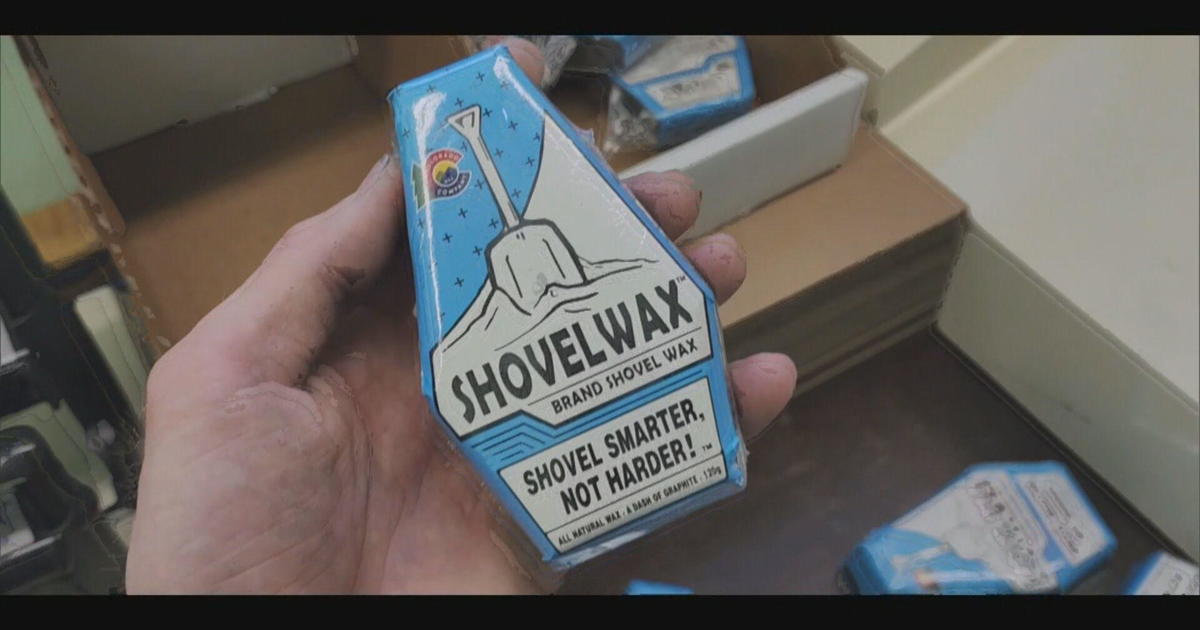Black Hawk, Central City No Longer In A Truce
Black Hawk and Central City are dissolving agreements that had ended years of battling over a share of gambling revenue.
Central City used to be the top gambling town in Colorado before Las Vegas-style casinos went up about a mile south in Black Hawk in the mid 1990s. Black Hawk now generates $530 million in gambling revenue -- 72 percent of Colorado's total -- to Central City's 10 percent and Cripple Creek's 18 percent.
In 2003, Central City officials decided to work with its sister city rather than fight it. Both cities had sued each other in 2001, with one suit being dismissed and the other settling out of court.
The Denver Post reports that Black Hawk officials say times are tough, prompting the city to back out of agreements to provide after-hours police service and vehicle fleet maintenance to Central City. A jointly funded shuttle service between both cities will end Dec. 29.
While the two towns have a long history of feuding, former Central City Mayor Ron Slinger told the Post that latest round of discord seems to be a bit more personal. Slinger said the problems began in March when he asked Central City's now former city manager, Lynnette Hailey, to resign.
Hailey is married to Black Hawk mayor, David Spellman.
"I believe it's absolutely tied to that," said Slinger, who stepped down in August to focus on a full-time job at Red Rocks Community College Foundation. "I absolutely believe it's a vendetta for Mayor Spellman."
Two weeks after Slinger's request that Hailey resign, Black Hawk notified Central City officials that they were canceling the after-hours police agreement. Other intergovernmental agreements meant for both cities to work together, including use of Black Hawk's maintenance shop for Central City's vehicles, shuttle service, maintenance of a park, as well as establishing a joint convention bureau have since been withdrawn by Black Hawk.
Central City officials said they wanted a fresh set of eyes at city manager.
"We just felt it was time for a change," said Central City Mayor Ron Engels.
Spellman, Hailey's husband, told the Post that Black Hawk could no longer subsidize Central City with increased maintenance work and police calls with voter approved 24-hour gambling launched in Colorado in July 2009, as well as the recession, competition and a push to gain market share.
"This is a well-thought-out plan," Spellman said. "It has nothing to do with what Central City is bemoaning about.
"No one cares about the soap opera," he told the paper.
Black Hawk and Central City are dissolving agreements that had ended years of battling over a share of gambling revenue.
Central City used to be the top gambling town in Colorado before Las Vegas-style casinos went up about a mile south in Black Hawk in the mid 1990s. Black Hawk now generates $530 million in gambling revenue -- 72 percent of Colorado's total -- to Central City's 10 percent and Cripple Creek's 18 percent.
In 2003, Central City officials decided to work with its sister city rather than fight it. Both cities had sued each other in 2001, with one suit being dismissed and the other settling out of court.
The Denver Post reports that Black Hawk officials say times are tough, prompting the city to back out of agreements to provide after-hours police service and vehicle fleet maintenance to Central City. A jointly funded shuttle service between both cities will end Dec. 29.
While the two towns have a long history of feuding, former Central City Mayor Ron Slinger told the Post that latest round of discord seems to be a bit more personal. Slinger said the problems began in March when he asked Central City's now former city manager, Lynnette Hailey, to resign.
Hailey is married to Black Hawk mayor, David Spellman.
"I believe it's absolutely tied to that," said Slinger, who stepped down in August to focus on a full-time job at Red Rocks Community College Foundation. "I absolutely believe it's a vendetta for Mayor Spellman."
Two weeks after Slinger's request that Hailey resign, Black Hawk notified Central City officials that they were canceling the after-hours police agreement. Other intergovernmental agreements meant for both cities to work together, including use of Black Hawk's maintenance shop for Central City's vehicles, shuttle service, maintenance of a park, as well as establishing a joint convention bureau have since been withdrawn by Black Hawk.
Central City officials said they wanted a fresh set of eyes at city manager.
"We just felt it was time for a change," said Central City Mayor Ron Engels.
Spellman, Hailey's husband, told the Post that Black Hawk could no longer subsidize Central City with increased maintenance work and police calls with voter approved 24-hour gambling launched in Colorado in July 2009, as well as the recession, competition and a push to gain market share.
"This is a well-thought-out plan," Spellman said. "It has nothing to do with what Central City is bemoaning about.
"No one cares about the soap opera," he told the paper.



